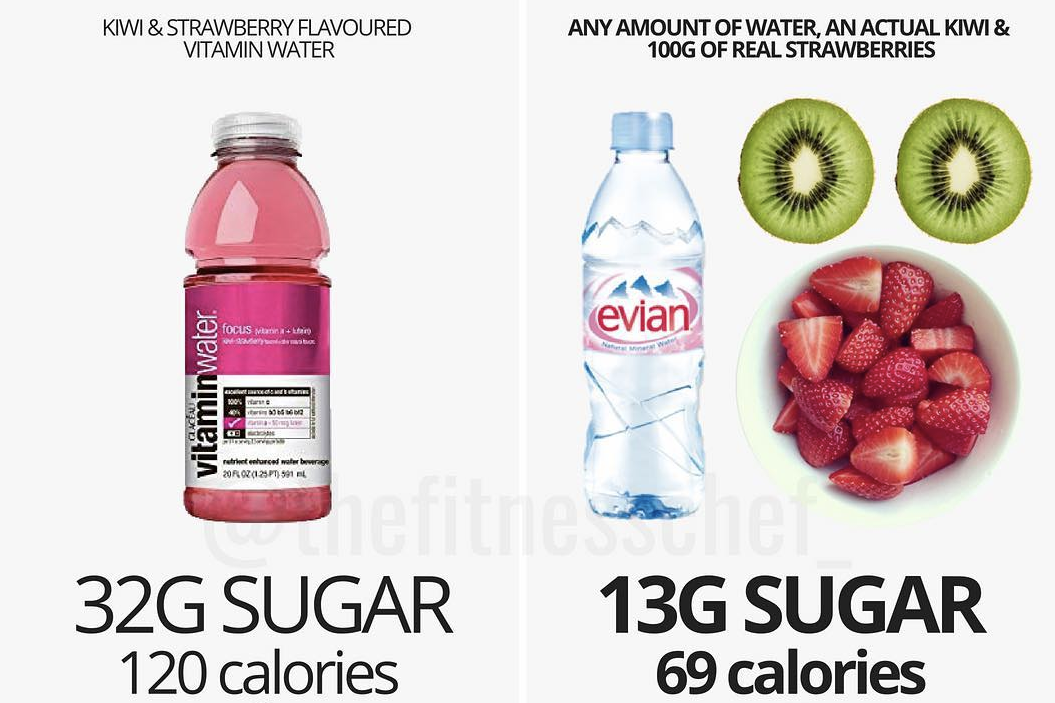Instagram account shows how to enjoy food while also counting calories
Counting calories doesn’t have to be a dreaded task

Your support helps us to tell the story
From reproductive rights to climate change to Big Tech, The Independent is on the ground when the story is developing. Whether it's investigating the financials of Elon Musk's pro-Trump PAC or producing our latest documentary, 'The A Word', which shines a light on the American women fighting for reproductive rights, we know how important it is to parse out the facts from the messaging.
At such a critical moment in US history, we need reporters on the ground. Your donation allows us to keep sending journalists to speak to both sides of the story.
The Independent is trusted by Americans across the entire political spectrum. And unlike many other quality news outlets, we choose not to lock Americans out of our reporting and analysis with paywalls. We believe quality journalism should be available to everyone, paid for by those who can afford it.
Your support makes all the difference.The idea of counting calories whenever you consume any item of food is one that undoubtedly fills numerous people with dread.
However, one Instagrammer is on a mission to prove that doing so doesn’t mean that you have to substitute good-tasting food for bland alternatives.
Graeme Tomlinson, otherwise known as The Fitness Chef, is a fitness coach, personal trainer and nutritionist who’s built an impressive following educating people all about how calorie counting can benefit your life.
On his Instagram account, which has 119,000 followers, Tomlinson regularly places different food items side by side in order to compare the calorie content of each.
"I decided to post simple food comparisons to my audience because I wanted to provide them with factual information that they could integrate into their own fitness journey," he tells The Independent.
"Instead of wishy washy advice, I want to base my content on useful facts and evidence-based advice."
While eating foods that contain a variety of nutrients is essential, factoring in how they'll affect your body composition is also vital in order to achieve a healthy balance, Tomlinson explains.
"If you want to lose, maintain or gain weight this only occurs through energy balance," he says.
"This is the first and most basic concept that people fail to acknowledge or adhere to.
"One of my main aims is to make people realise that consuming nutritious food is great, but it doesn't automatically mean you will lose weight unless you're in an overall calorie deficit."
For example, in one of his most recent posts, Tomlinson compared the calorie and sugar content of dried fruit with fresh fruit.
While many people may assume that eating dried fruit as a snack is a healthy course of action, it can actually be extremely detrimental for your health if done in excess.
As Tomlinson highlighted in the post, four portions of dried fruit can amount to 1,170 calories, in comparison to four portions of fruit that can total 294 calories.
Furthermore, dried fruit can contain approximately four times more sugar than fresh fruit.
Being aware of what you’re eating when you're mindlessly snacking throughout the day can have a hugely positive impact on your wellbeing, as Tomlinson explains.
“Snacking on fruit is beneficial. But you still have to be smart about it,” he writes on Instagram.
“If fat loss or reducing sugar intake is your aim, you can consume a greater volume of food per calories when the fruit is fresh.
“Consuming more food and less calories is a logical idea.”
As Tomlinson points out, reducing your calorie intake isn’t necessarily about limiting the amount of food that you’re eating.
In fact, it’s entirely possible to eat more healthy food than usual that contains fewer calories on the whole, as long as you learn to read the labels correctly.
While it may be important not to eat an excessive amount of calories, research has shown that attempting to maintain a low-calorie diet may be futile in the long run.
According to Dr Jason McKeown, a leading British neuroscientist, trying to sustain a highly calorie-restricted diet won’t work in the long run as your brain will simply “override attempts to weigh less.”
“Our brains control our weight, our metabolism and our hunger levels,” he explains.
“Specifically, studies over the last 50 years have consistently shown that the hypothalamus is ‘mission control’ for our weight.”
Dr McKeown states that this is why people may often find themselves putting weight back on following attempts to shed a few pounds.
Join our commenting forum
Join thought-provoking conversations, follow other Independent readers and see their replies
Comments